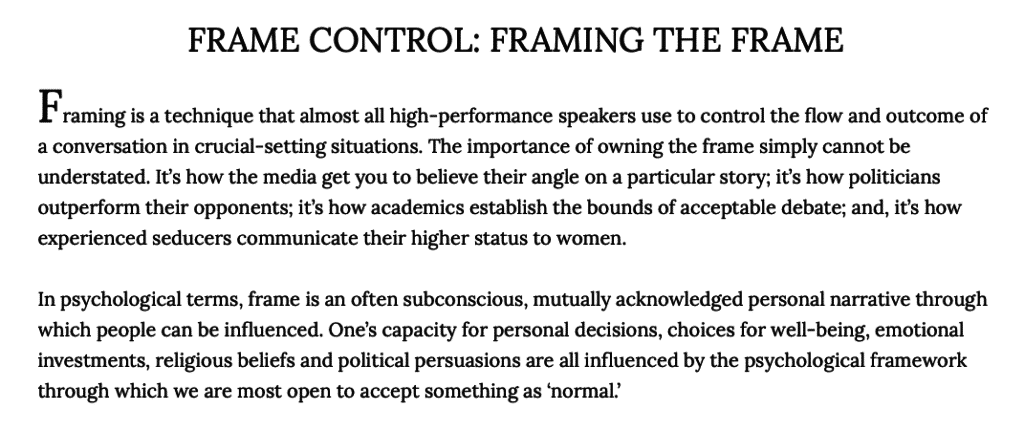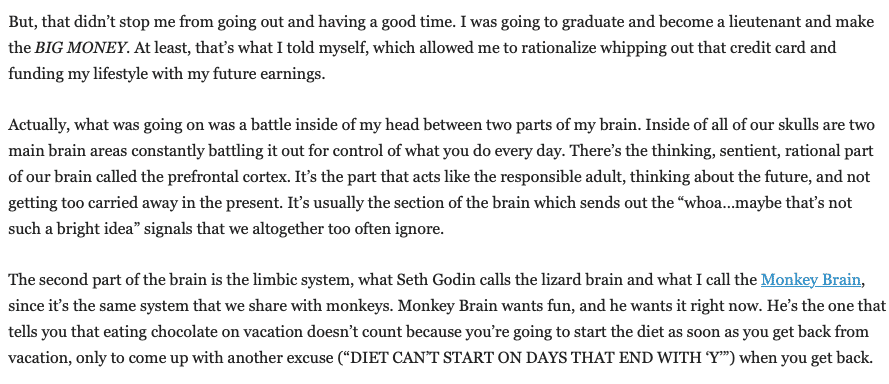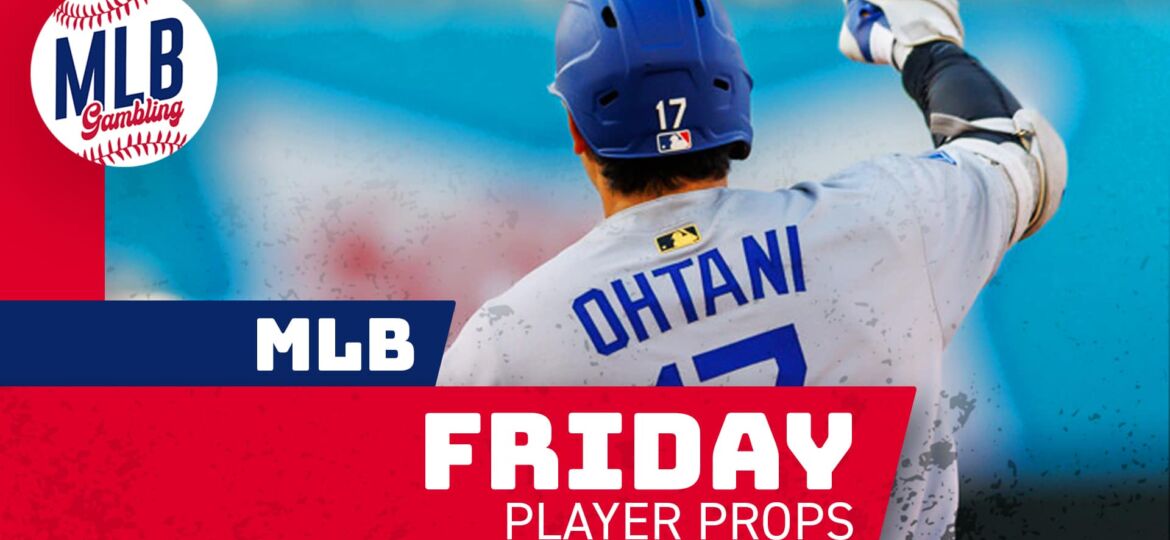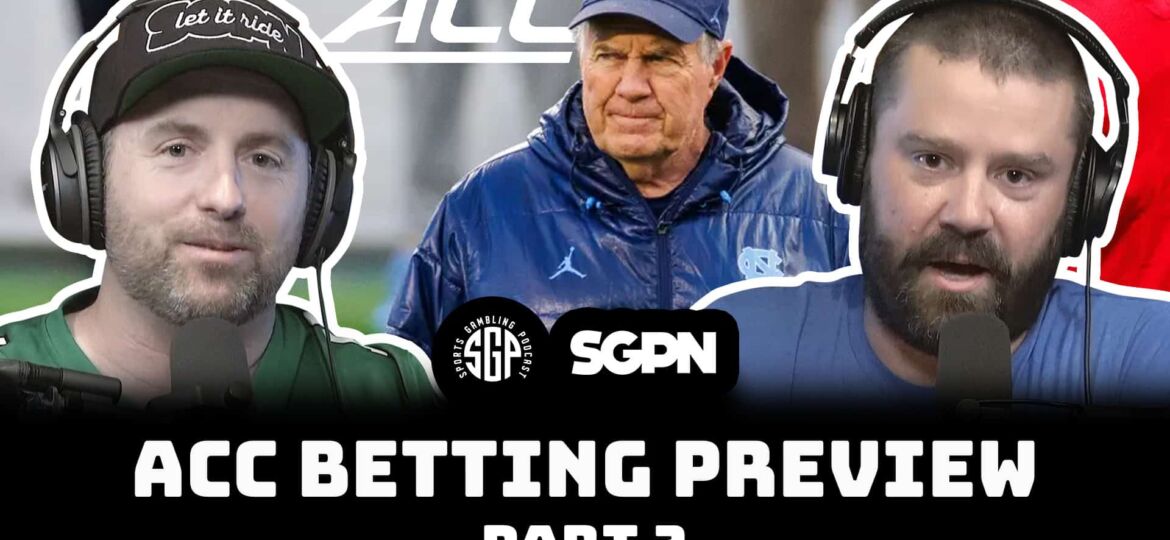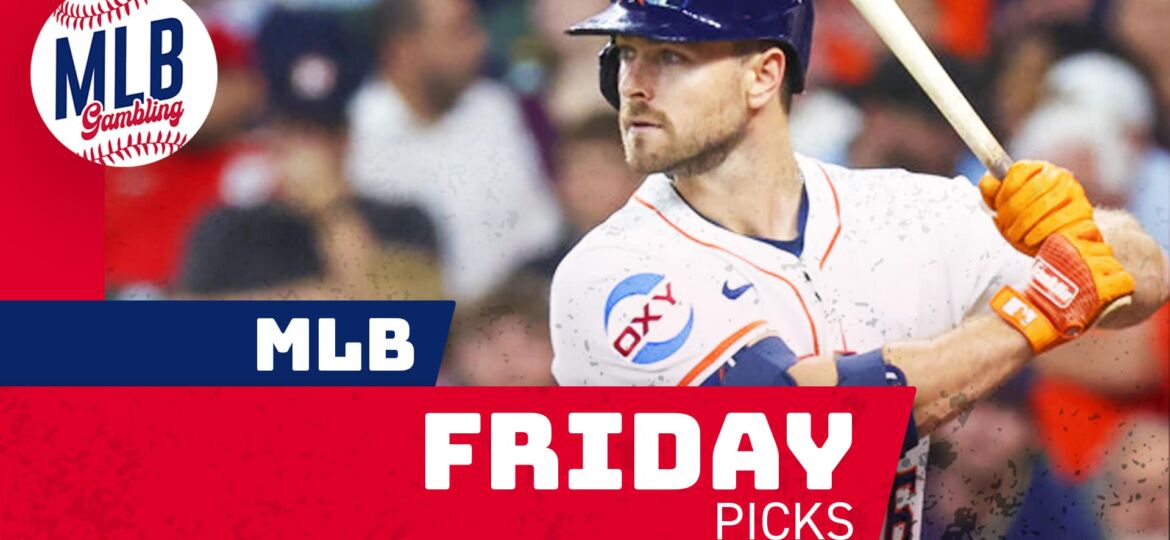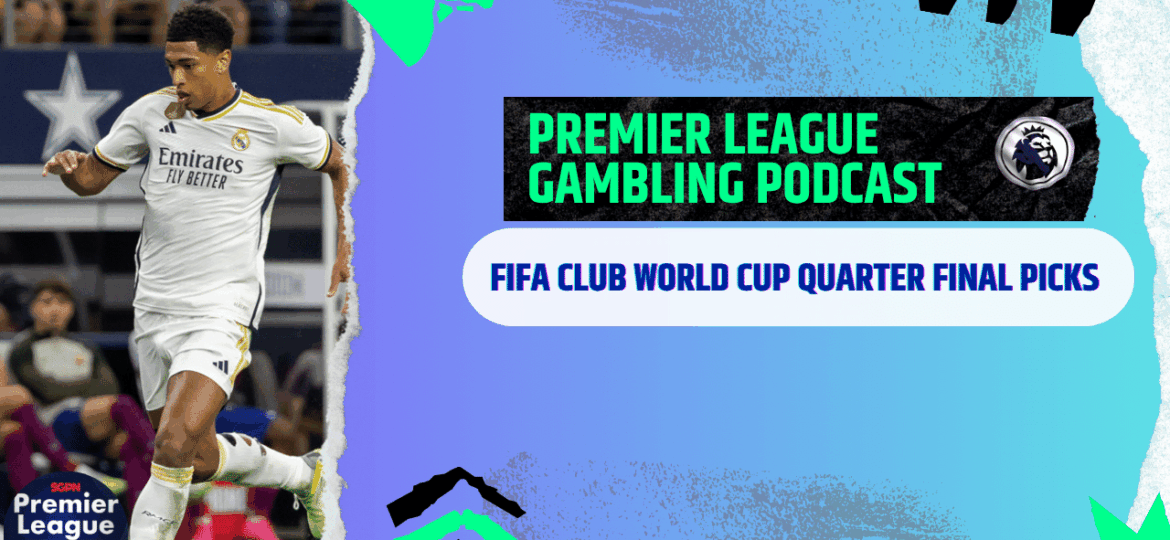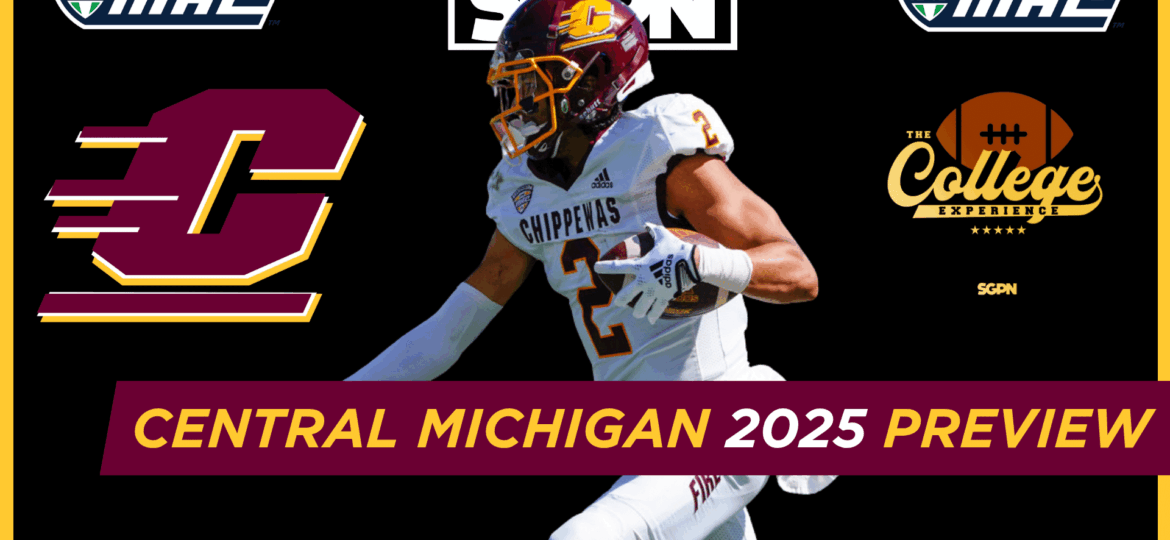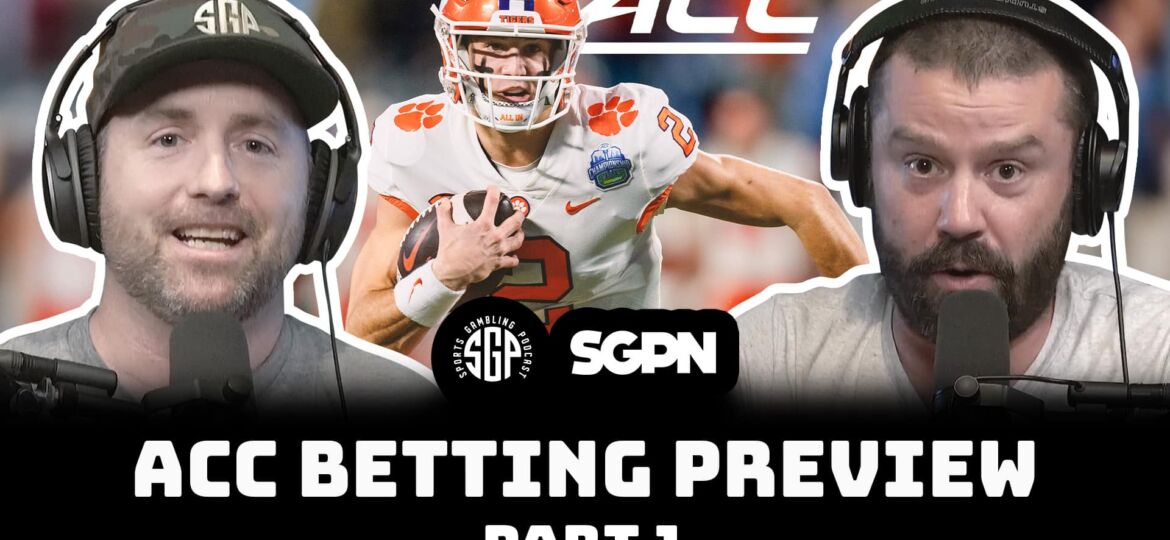The psychology of sports betting is my new obsession as of late. As I’ve always stated, the “why” will always be so much more important to me than just “what” happened.
You can really apply it to anything in life. Once you start trying to figure out and understand the reasoning behind something, it’s so much easier to understand why you are feeling the way you are, or what is going on in the human brain to evoke thoughts, feelings, and emotions.
The people who have already figured this out, really don’t want you to be able to play mental chess with them though. It’s a version of what’s called frame control, and it can be a very dark tool. So much so, most psychologists say that Hitler was one of the first to employ it. It’s one of the most powerful tools on the planet, and it’s been adopted by pick up artists, politicians, and how the media can spin a story. What exactly is it?
So, a frame is your perception of an event. Frame control is the ability to influence someone else’s understanding of an event.
There’s much more that goes into this process including frame bridging, frame amplification, frame extension, and frame transformation. For our sake, we’re going to stick with the top one, after all I’ve got to tie this back into gambling before I lose you.
Lastly, let me make one thing clear, I’m not a psychologist. Forgive me if I mess something up, but you’ll see that anyone should be able to apply this in their sports betting life.
Different Outlets Use Different Tricks
Let’s start with offshore sports books. I’m going to start with offshore for a bunch of reasons, but mostly because it’s the most obvious one.
Offshore outlets first require you to deposit your money into your account and use it. This makes it feel much more “real” that they are separating you from your money, so how do they combat this?
Much like when online shopping, there’s a response you get when purchasing an item:
“You get a sudden rush of dopamine-which is normal, your transmitter surges when you’re considering buying something new or anticipating a reward. Sales, by the way, gives us an even harder kick. We’re constantly comparing what we expect with what we actually perceive. So, when an unforeseen benefit enters our cognitive field-like 30 percent off-dopamine really spikes.” *via Elle.com
Next up we have everyone’s favorite, credit shops. These are also called locals, bookies, shady Joes on the corner … it’s your guy. To be fair, it could be a girl. I’m all for equality in sports betting, but you get what I’m saying here.
Credit shops actually use the exact opposite, yet equally effective frame control. They use your perception of other books against you while making it seem far less real that you are giving them any money at all.
Besides the convenience of it, people love using Venmo or PayPal because it doesn’t seem like it’s “real money.” It’s not coming directly from your bank account. Well, that’s frame control, you just didn’t know it.
Credit shops do the same thing. They offer you money that doesn’t seem real. Much like a credit card, you’re given a balance for the week, and you are free to bet it all over the time frame given.
Credit shops use your mind against you. If you happen to lose the first day you’re playing on a credit shop, your brain will start to look at your negative balance like debt. What’s the goal of paying off your debt? It’s very clear: pay it off.
Think back to how many times in life you’ve played on a credit book, and by Tuesday evening your only goal for the week was to get even. You’re whole goal of making a profit is gone instantly for just the idea of breaking even. You’re not longer anticipating a reward, you’re just playing to get even, which is the best model a bookmaker can hope for, it’s the ultimate no-lose proposition for them.
If you are able to not only think about paying it off, you’re going to find yourself in a constant struggle, and when money doesn’t seem real, you fall into the same trap as credit card companies set for you. This battle is waged between the prefrontal cortex and limbic system, also known as “The Monkey Brain.”
Hull Financial Planning wrote a great piece about what this battle looks like:
The ways debt issuers convince your monkey brain debt is good:
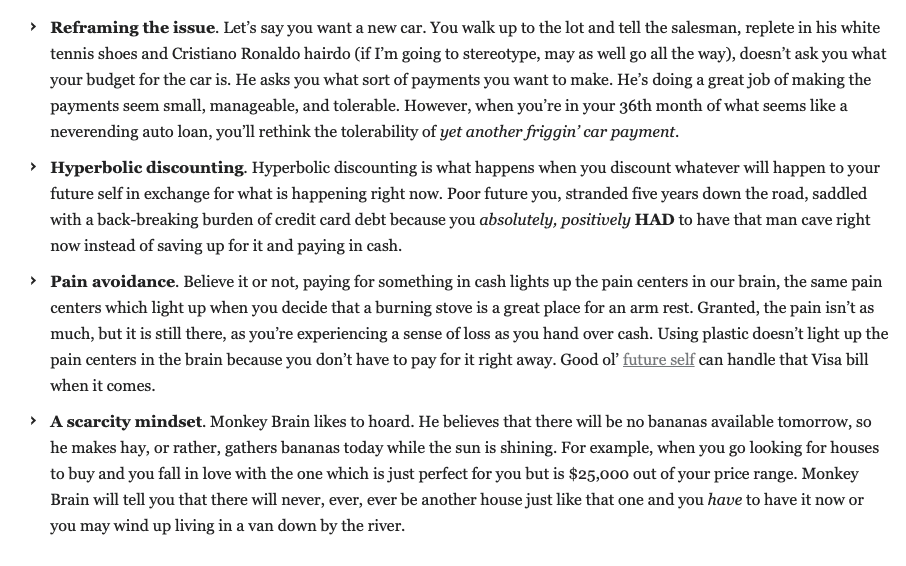
Physical sports books play on your sense of tribalism and have so many seating options for this reason. While you can build an online network of friends, unless you’re in the same place or are into live streaming games with your buddies, sports books are able to seem inviting. The people-watching is great. You can go down with your friends and watch together. That makes it seem less taboo.
There’s a reason addicts prefer the company of other addicts. Whatever your vice is, it seems a lot less dangerous when you’re doing it with other people. Alcoholics can hide in the social setting of a heavy drinking party because if everyone is doing it, it doesn’t seem wrong.
Now, physical sports books have the mental hurdle of getting you to pay for your ticket with real money. They even have to hold it during your game. This can be a problem with futures bets as well, as you have to tie up capital for sometimes six months to potentially make a profit.
No one wants to give away money and walk away with nothing — which is why some people have a hard time paying bills and credit card debt — so they have to give you something. Drink tickets are the most obvious answer. The mental aspect of giving a bartender a drink ticket and drinking for free all day lets you feel like you’re getting the best deal possible, despite it accounting for potentially 5% of your ticket value. Hotel and casino comps also go into that depending on your level of wagering. The whole idea is you have to give people something for their money.
All three of these types of sports books have the same same goal in mind, to change your perception of a given event.
They put so much emphasis on how hard it is to win in sports betting for many different reasons. When you have low expectations of winning, you go into the event expecting to lose, which doesn’t make you surprised. You expected to lose, and you did, but that is how they keep you coming back. If you expect to win, and are shocked when you don’t, you’re far less likely to come back.
It’s the same reason people still play the lottery. If they can install the idea into your mind that you are buying an experience and not an outcome, you will at least keep coming back for that part. On top of that, when you finally do win, everything the brain is searching for constantly is validated, and you chase that feeling for life.
Join me next week as I close the psychology class talking about the ways handicappers let their brain fall into some of these traps when it comes to betting individual games!
Christian Pina, PHD, head sports gambling psychologist, Sports Gambling Podcast.



